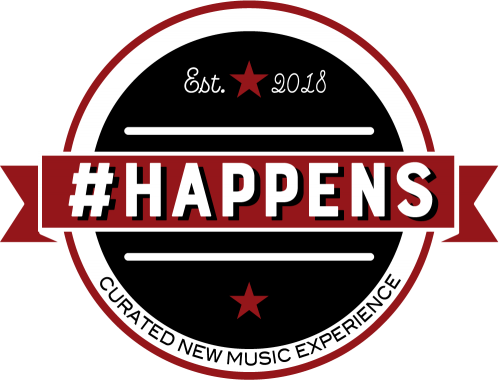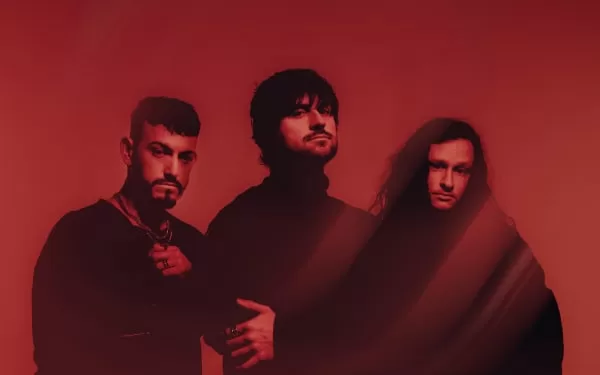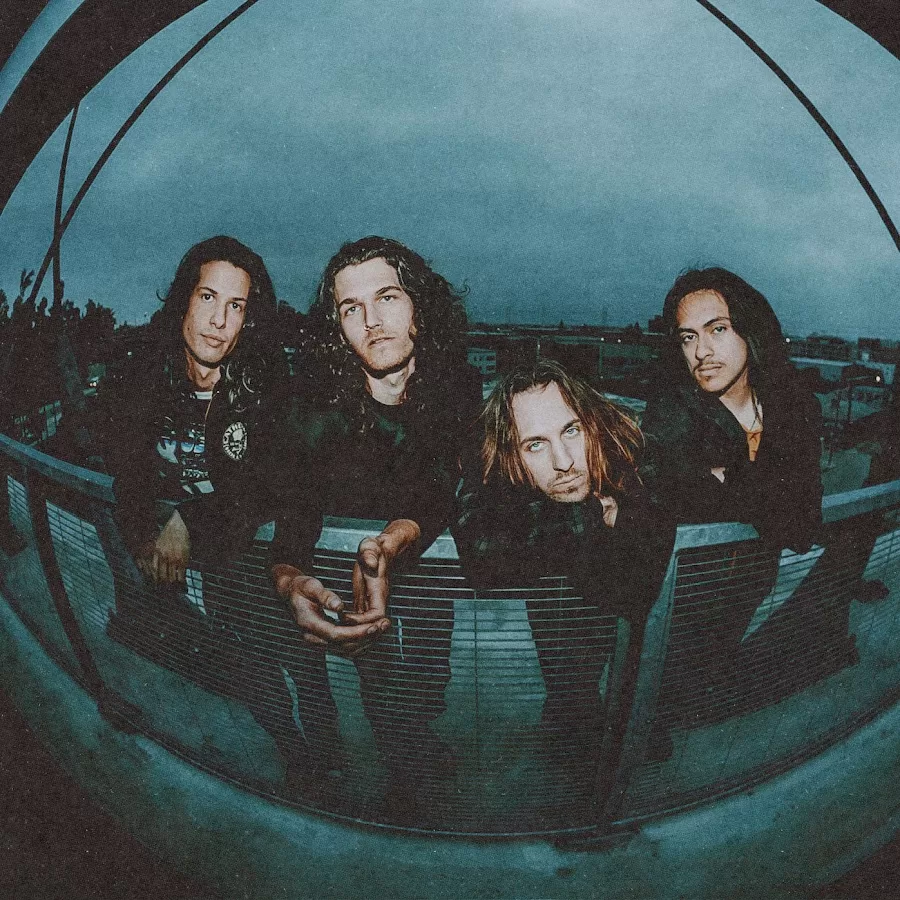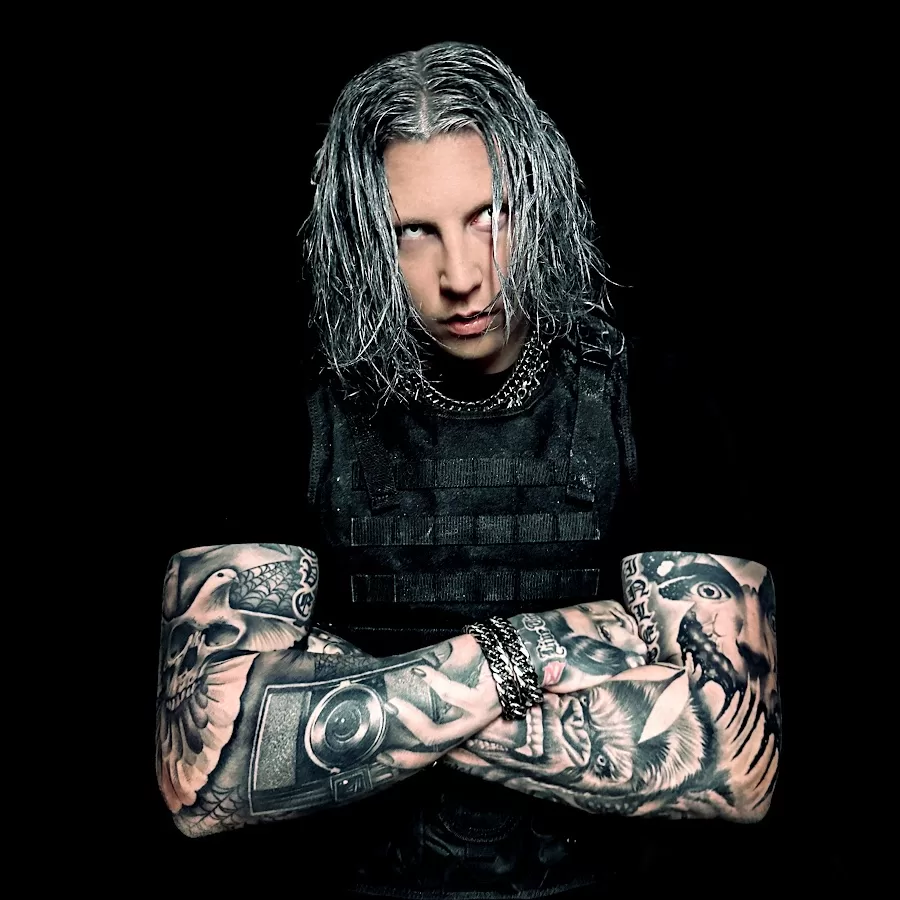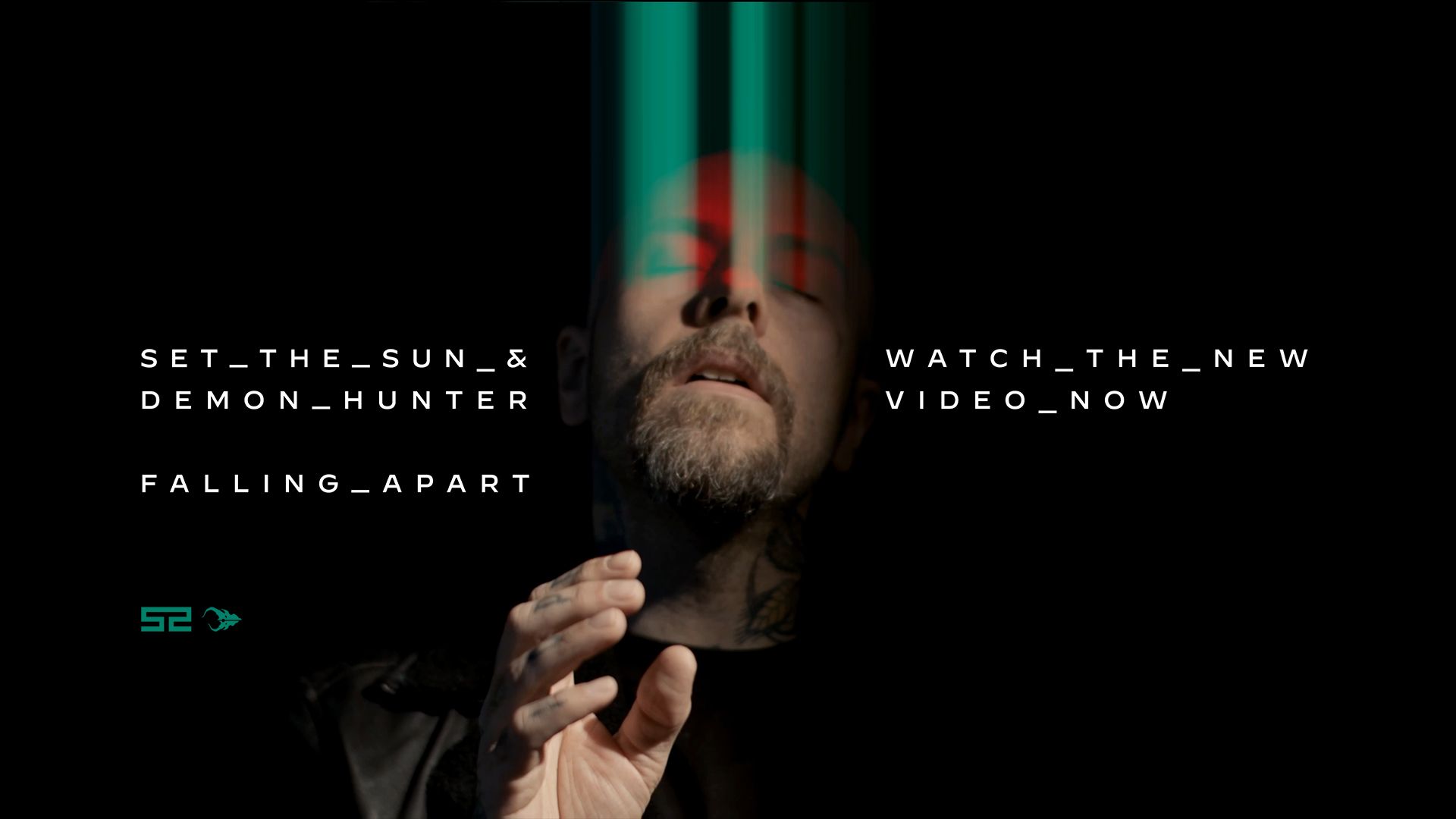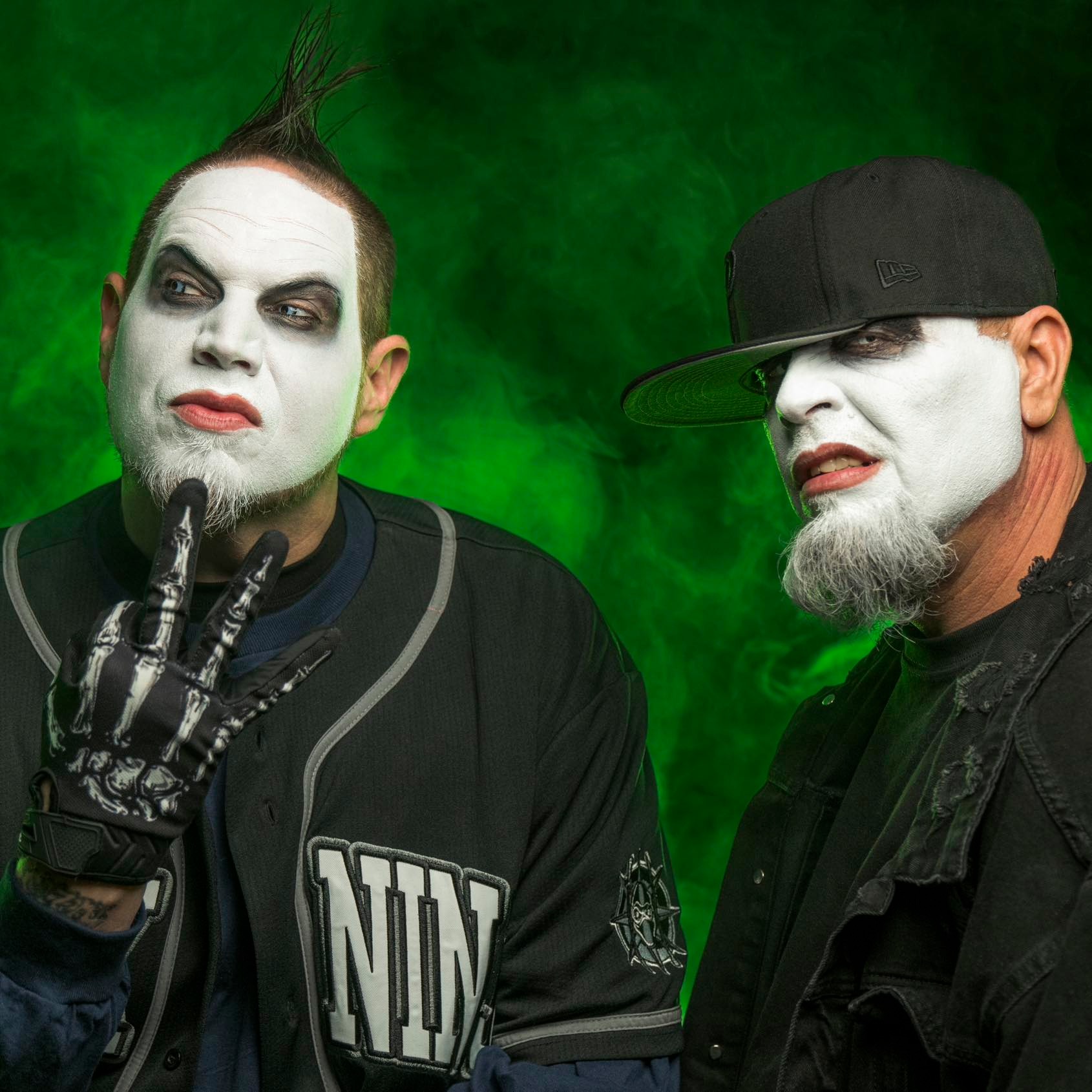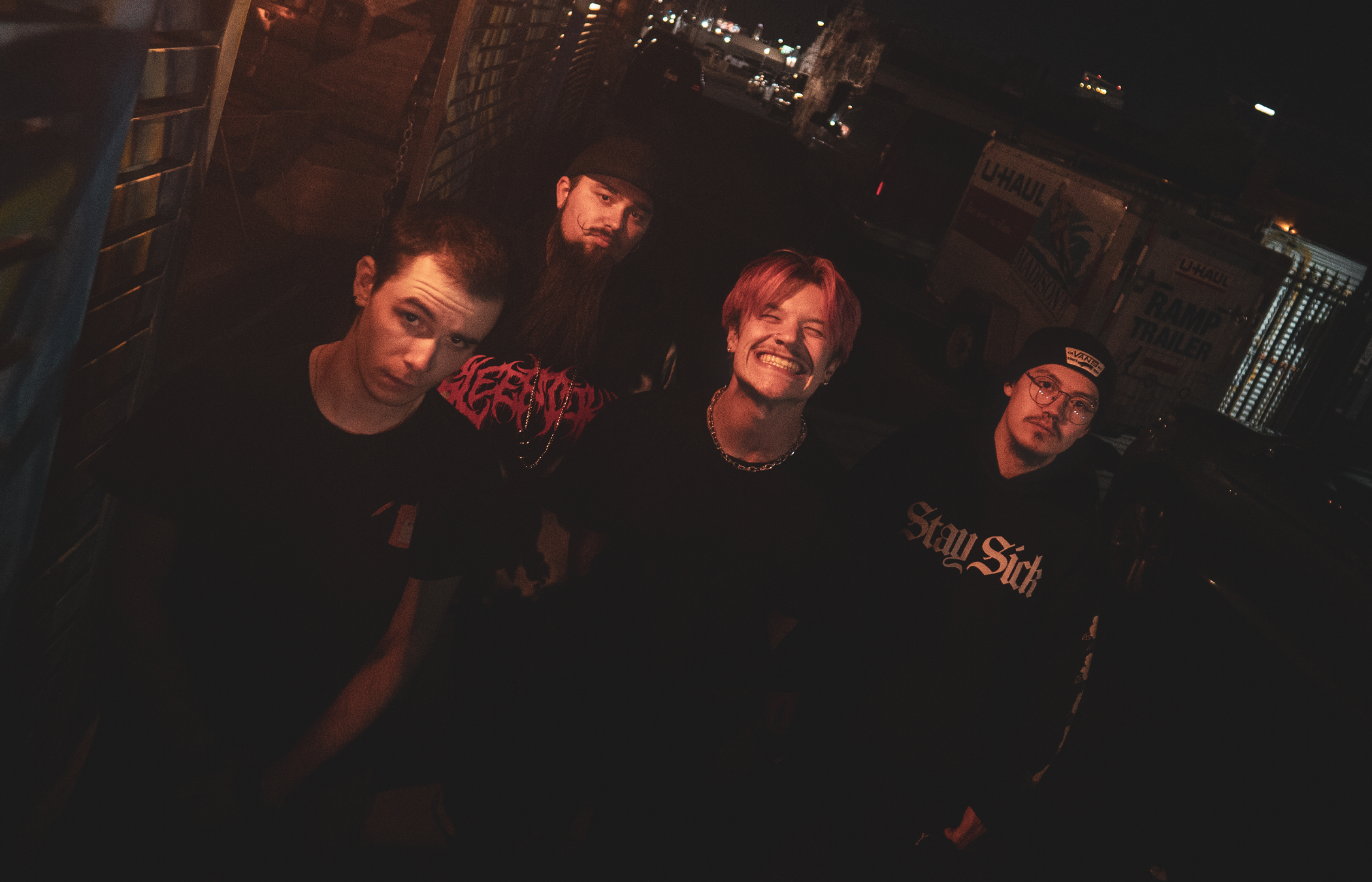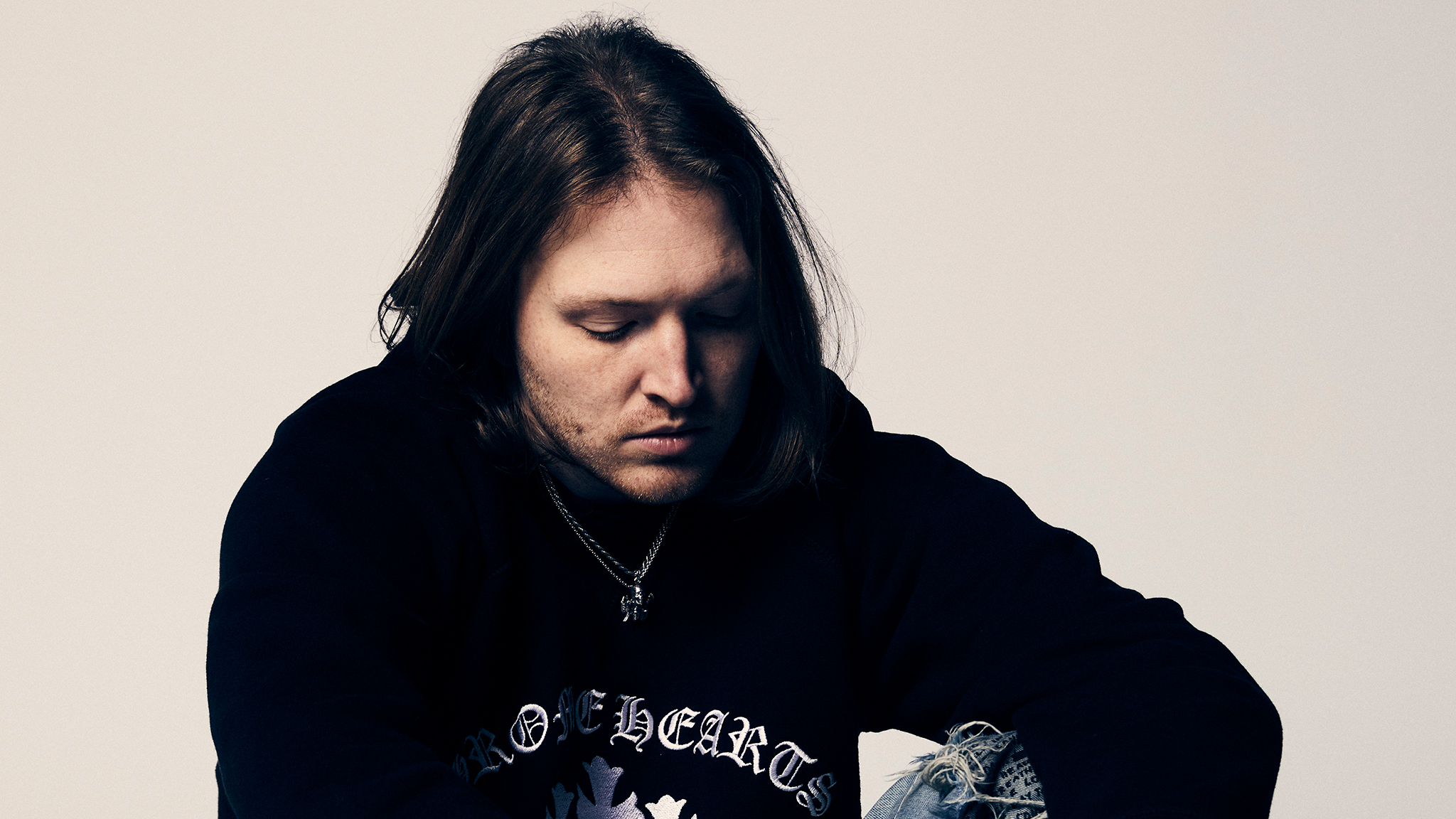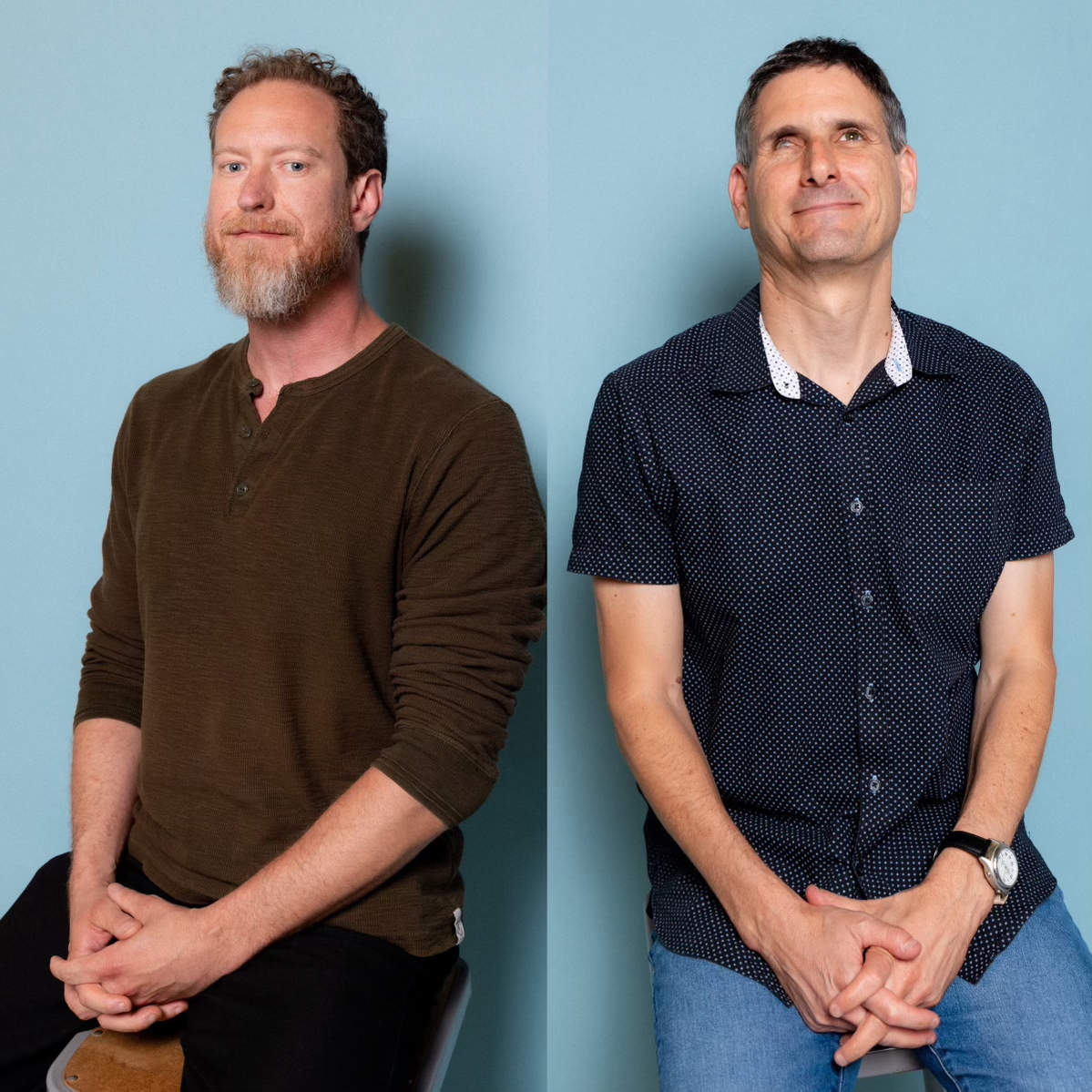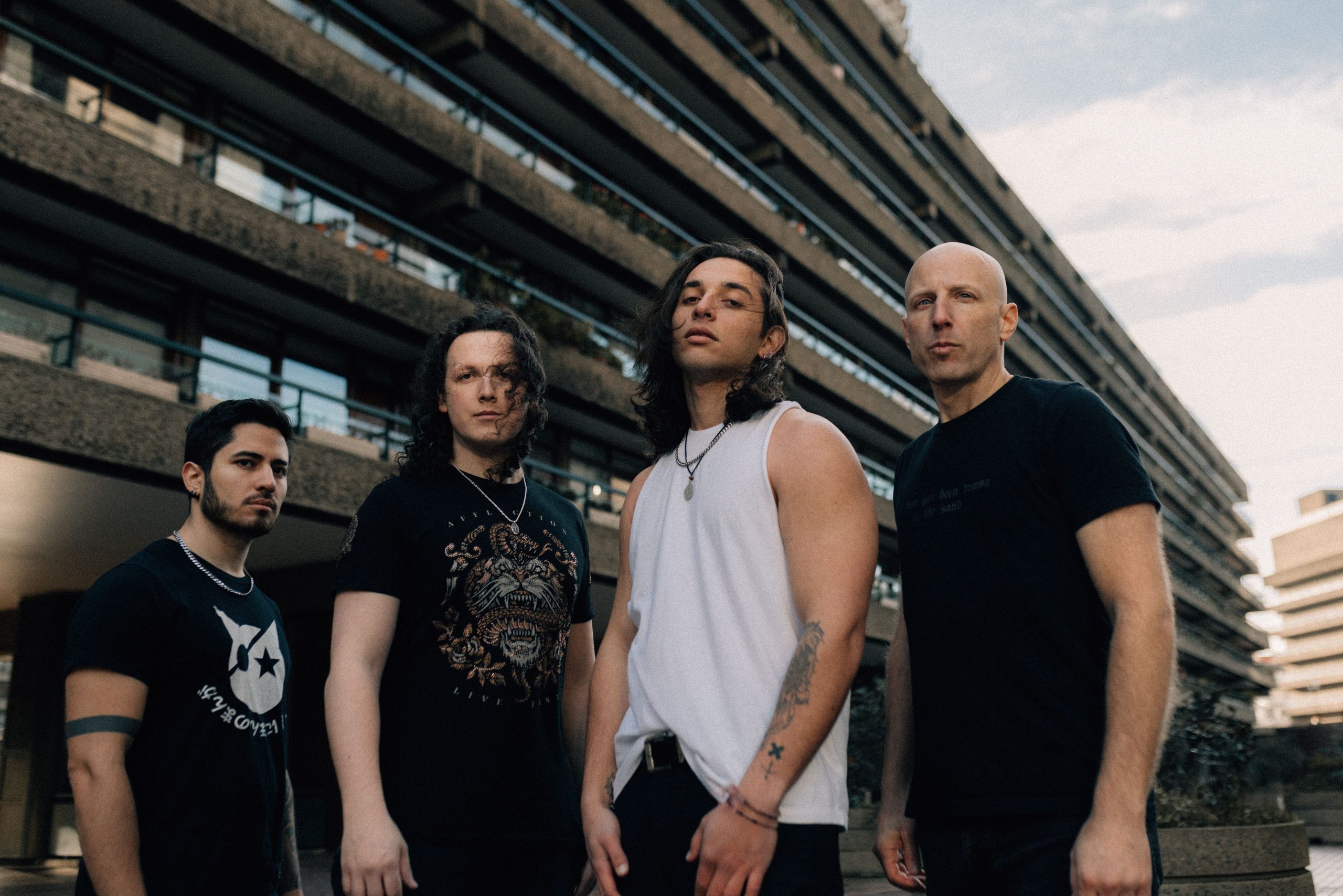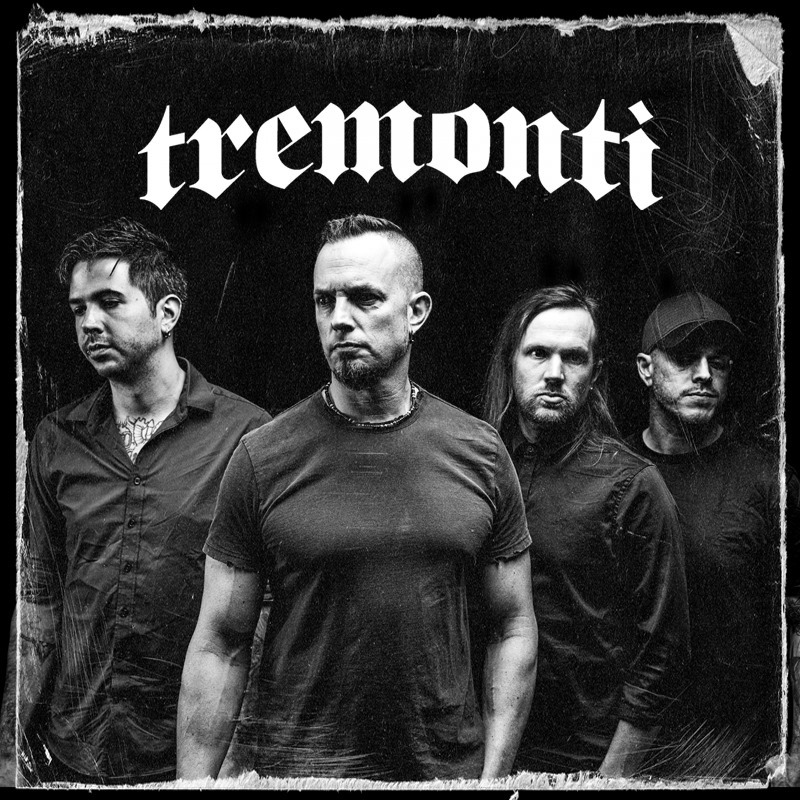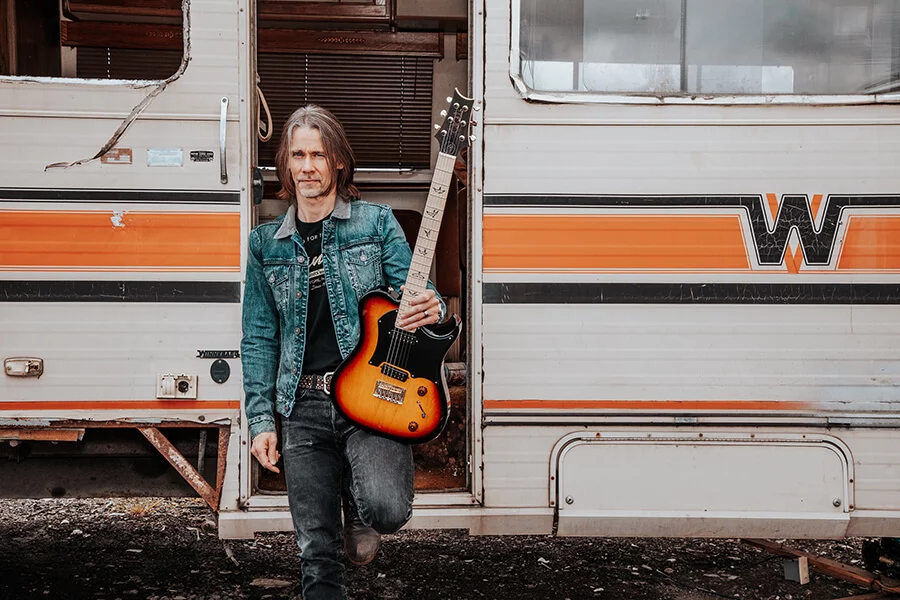Rock Interviews
NEVERTEL
By Ryan J. Downey|2025-06-07T18:18:36-07:00June 7th, 2025|
RETURN TO DUST
By Ryan J. Downey|2025-04-02T21:08:28-07:00April 2nd, 2025|
NATHAN JAMES
By Ryan J. Downey|2025-03-20T20:21:27-07:00March 20th, 2025|
DEMON HUNTER’s Ryan Clark
By Ryan J. Downey|2025-02-08T18:12:16-08:00February 10th, 2025|
TWIZTID
By Ryan J. Downey|2025-02-08T11:49:56-08:00February 6th, 2025|
SPLIT PERSONA’s Zander Joel
By Ryan J. Downey|2025-02-06T15:51:14-08:00November 21st, 2024|
VELVET CHAINS’ Nils Goldschmidt
By Ryan J. Downey|2025-02-06T15:52:01-08:00November 12th, 2024|
ZERO 9:36
By Ryan J. Downey|2025-02-06T15:55:12-08:00September 11th, 2024|
30 Years of Hopeless Records
By Ryan J. Downey|2024-09-27T15:33:03-07:00August 13th, 2024|
PISTOLS AT DAWN
By Ryan J. Downey|2025-02-06T15:56:41-08:00August 8th, 2024|
MARK TREMONTI
By Ryan J. Downey|2025-02-06T15:57:58-08:00August 6th, 2024|
In Conversation with BADFLOWER’S JOSH KATZ
By Ryan J. Downey|2024-09-27T15:33:07-07:00August 1st, 2024|
In Conversation with JAGER HENRY
By Ryan J. Downey|2024-09-27T15:33:07-07:00July 30th, 2024|
In Conversation with MYLES KENNEDY
By Ryan J. Downey|2024-09-27T15:33:44-07:00June 12th, 2024|
Manafest
By Ryan J. Downey|2024-09-27T15:34:14-07:00June 3rd, 2024|
